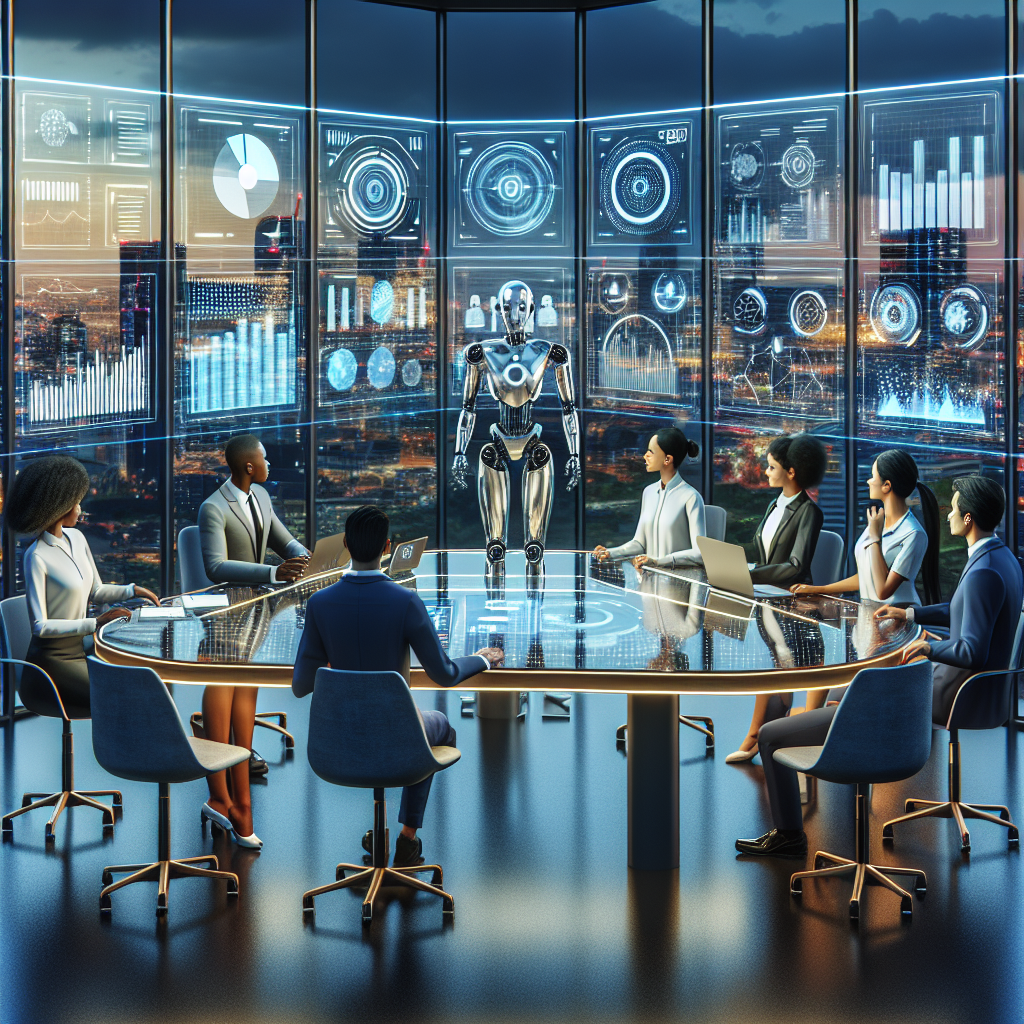The future of work is constantly evolving, and advancements in artificial intelligence (AI) are playing a significant role in shaping how we work. From automation to predictive analysis, AI is revolutionizing the way businesses operate and employees perform their roles.
The Impact of AI on the Workplace
AI technology is being integrated into various aspects of our work lives, from streamlining repetitive tasks to enhancing decision-making processes. By leveraging machine learning algorithms and natural language processing, AI can analyze large amounts of data and provide insights that were previously unattainable.
For example, AI-enabled chatbots are being used in customer service roles to provide instant responses to inquiries, freeing up human employees to focus on more complex issues. In the healthcare industry, AI is being used to analyze medical images and diagnose diseases with greater accuracy than traditional methods.
The Future of Jobs in the Age of AI
While some fear that AI will replace human jobs, the reality is that AI is more likely to augment our abilities rather than replace us entirely. As routine tasks become automated, employees will have the opportunity to focus on more creative and strategic aspects of their roles.
AI is also creating new job opportunities in areas such as data science, machine learning engineering, and AI ethics. As businesses continue to adopt AI technologies, there will be a growing demand for employees with the skills to develop, implement, and maintain these systems.
Adapting to the Changing Landscape
As AI continues to transform the workplace, employees must be prepared to adapt to these changes. This may involve upskilling in areas such as data analysis, programming, and AI ethics. It is also important for organizations to provide training and support to help employees navigate the transition to an AI-powered work environment.
Conclusion
AI technology is reshaping the way we work, offering new opportunities for innovation and efficiency. By embracing AI and investing in the skills needed to harness its potential, businesses and employees can navigate the future of work with confidence.
FAQs
Q: Will AI replace human jobs?
A: While AI may automate certain tasks, it is more likely to augment human abilities rather than replace them entirely. Employees will have the opportunity to focus on more creative and strategic aspects of their roles.
Q: What skills are essential for navigating the future of work?
A: Skills such as data analysis, programming, and AI ethics are essential for adapting to an AI-powered work environment. Employers should provide training and support to help employees develop these skills.
Q: How can businesses leverage AI to improve productivity?
A: Businesses can leverage AI technology to automate routine tasks, analyze data for valuable insights, and enhance decision-making processes. By investing in AI tools and training, businesses can improve efficiency and create new opportunities for growth.
Quotes
“The future belongs to those who can embrace change and harness the power of AI to drive innovation and success.” – Unknown
#Navigating #Future #Work #Changing #Work


